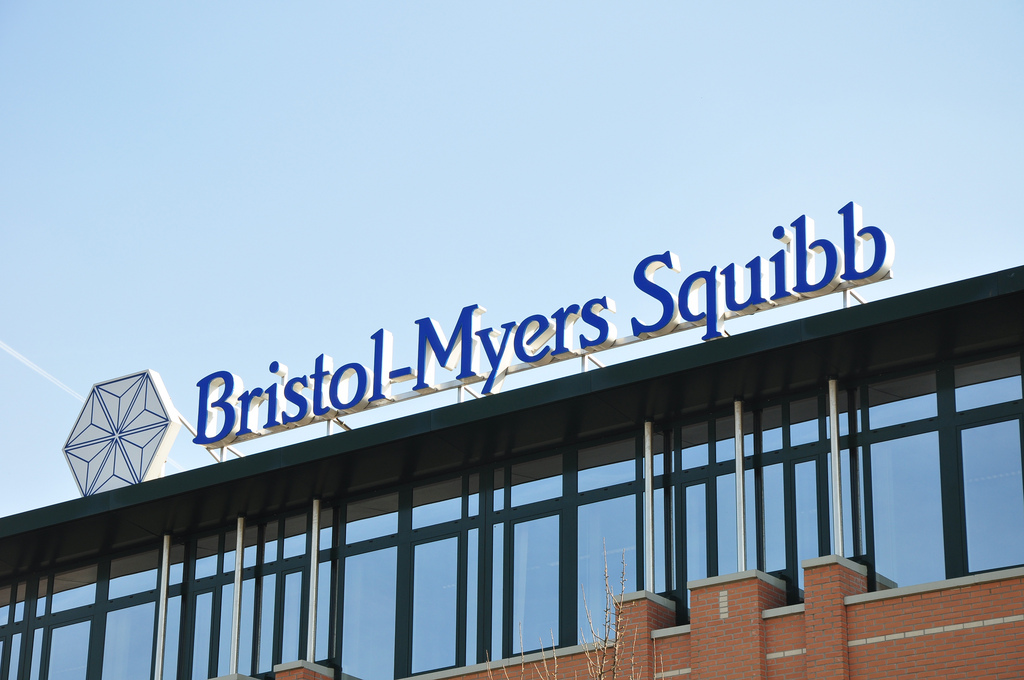
Bristol-Myers Squibb (BMS) unveiled new study results on Saturday for BMS-986036, its lead experimental candidate being developed to treat nonalcoholic steatohepatitis (NASH). This condition is a type of fibrotic disease characterized by chronic inflammation that leads to a build-up of fat and possible scarring in the liver.
Investigators found that the drug, an investigational long-acting form of human fibroblast growth factor 21, significantly lowered liver fat better than placebo in a phase 2 study.
Researchers gave 74 patients with biopsy-confirmed NASH either a 10mg subcunateous injection of BMS-986036 given daily or a 20 mg injection given once a week over the course of 16 weeks.
The study acheived its primary endpoint by showing that the weekly injection of BMS-986036 lowered liver fat by 5.2 percent whereas the daily injection reduced these levels by 6.8 percent compared to 1.3 percent for the placebo group.
Also, the therapy yielded other clinical benefits in three core areas associated with treating NASH. It reduced biomarkers for fibrosis, which can lead to side-effects like scarring or cirrhosis, while also improving measures of liver stiffness and markers of liver injury.
“We are encouraged by the improvements these data showed across multiple aspects of NASH, and that patients could be effectively evaluated through imaging rather than through invasive liver biopsy,” said BMS’s Mike Burgess, the head of the company’s Cardiovascular, Fibrosis and Immunoscience Development, in a statement. “These data, along with previously announced Phase 2 data in patients with type 2 diabetes, support further clinical research of BMS-986036 as a potential treatment for NASH. We look forward to sharing these data with health authorities to determine next steps for further study of this asset.”
NASH is poised to become the leading cause of liver transplants by 2020, according to Reuters. There are no currently approved treatments for this condition, but drugmakers like Allergan and Gilead Sciences acquired novel candidates to start boosting their research and developments for this area for a market predicted to be worth between $20 billion to $35 billion in the future.
The research team presented these results at the European Association for the Study of the Liver (EASL) conference in Amsterdam.
Filed Under: Drug Discovery




